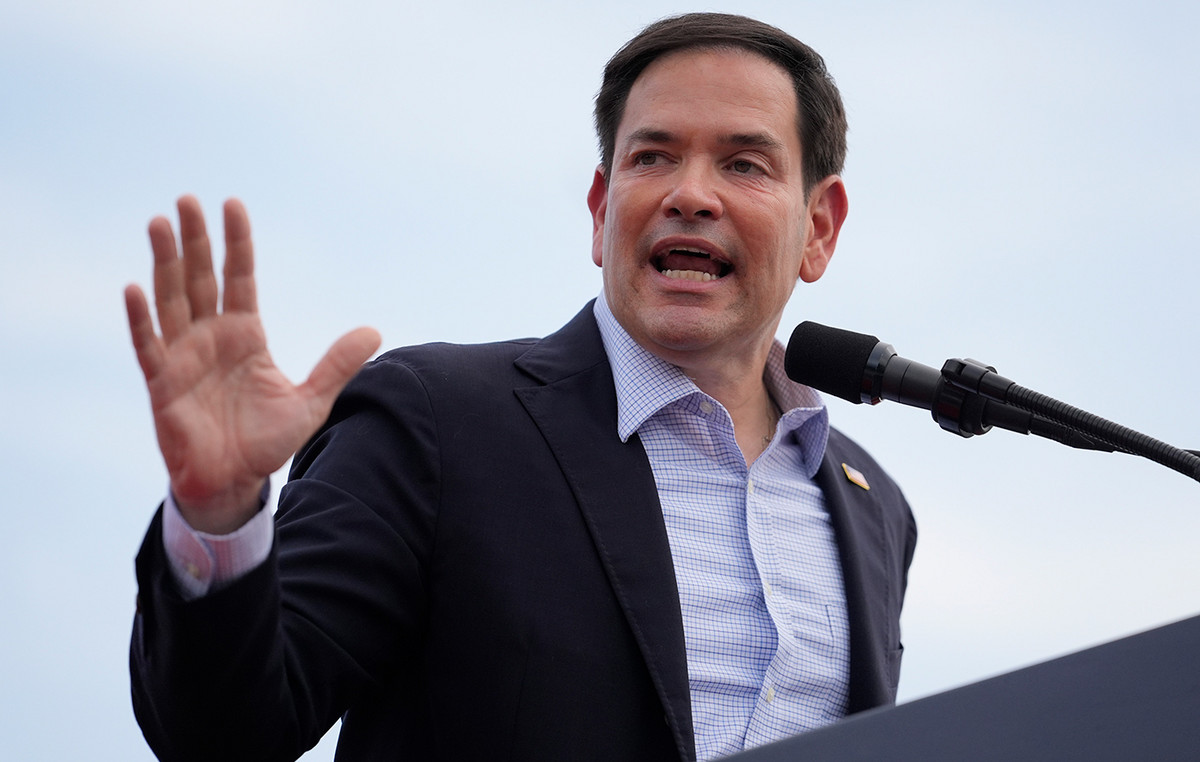LAST UPDATE: 12.56
Both oil and natural gas are moving marginally, with investors showing a rather wait-and-see attitude today.
In particular, the European physical is around unchanged with small fluctuations compared to the measure that has been moving lately.
Specifically, the September contract trades in Amsterdam (TTF) at 229 euros the megawatt hour with little rise 1.3%while at the high of the day it had reached up to 236 euros per megawatt hour.
Concerns in the energy market are intensifying, however, as the particularly hot and dry weather increases the consumption of natural gas for cooling. Meanwhile, the Rhine River, critical for transporting important supplies from coal to diesel, is also drying up, forcing utilities to use more natural gas instead. Which could overturn governments’ plan to reduce demand ahead of winter.
European stocks are 75% full and Germany has met an interim replenishment target two weeks ahead of schedule. However, the country’s energy regulator warned that reserves would last only two and a half months if Russia cut off supplies completely.
High imports of liquefied natural gas (LNG) into Europe have helped fill warehouses, but even that is now becoming more expensive as Asian importers buy more aggressively to meet their own demand and store for the coming winter.
“The energy crisis remains in the foreground,” analysts at Deutsche Bank AG said in a note. “While natural gas may be available, it will come at a higher price.”
Germany, Europe’s largest economy, has been one of the hardest hit by the energy crisis due to its traditionally heavy reliance on Russian supplies. The government has urged a reduction in consumption, warned of vouchers and this week imposed a levy on natural gas use. Germany is also rushing to build floating terminals to import liquefied natural gas (LNG).
German utility Uniper SE, which was bailed out by a government bailout last month, posted a net loss of more than 12 billion euros in the first half as the company struggles to plug gas supply gaps left by Russia. The company was forced to buy natural gas on the spot market after Russia cut supplies.
“Uniper has for months played a key role in stabilizing Germany’s natural gas supply, costing billions in losses resulting from the sharp drop in gas deliveries from Russia,” said CEO Klaus-Dieter Maubach.
At the highest level of the last five months natural gas prices in Asia
A global rush to secure cargoes of liquefied natural gas (LNG) for the winter has pushed prices in Asia to the highest level in five months, according to Bloomberg.
The benchmark Asian spot LNG price jumped near $60 per million British thermal units on Tuesday, the highest level since early March, when Russia’s invasion of Ukraine roiled energy markets.
Russia’s move to curb natural gas flows to Europe is sending fuel prices for power and heating plants soaring around the world. Utilities in Asia and Europe are stepping up efforts to secure spot cargoes of LNG for delivery in winter, when consumption peaks, exacerbating shortages and fueling the price rally.
Several Japanese utilities are moving into the market to procure more LNG cargoes for delivery from December onwards, according to traders with knowledge of the matter. Korea Gas Corp., one of the world’s top buyers of the fuel, is also looking to acquire more winter supplies, traders added.
Meanwhile, supply disruptions from Australia to the US are limiting the amount of LNG available. Several companies, including Uniper SE and Marubeni Corp., have bid for LNG shipments to Asia, traders said.
Characteristic changes in oil
At the same time, oil prices are now moving with small losses, as the upward reaction that had temporarily removed them from the six-month lows noted yesterday seems to be fading.
In particular, Brent for October delivery fell 0.4% to $91.97 a barrel, while US WTI crude for September delivery fell slightly 0.1% to $86.40 a barrel.
Yesterday, however, a bigger-than-expected drop in US oil and gasoline inventories reminded investors that demand remains steady, although it continues to be overshadowed by the prospect of a global recession.
“The decline in US gasoline inventories for a second straight week reassured investors that demand is resilient, leading to buying,” said Kazuhiko Saito, chief analyst at Fujitomi Securities.
“However, the oil market is expected to remain under pressure, with fairly high volatility, due to concerns about a possible global recession,” he added.
U.S. crude inventories fell by about 448,000 barrels for the week ended Aug. 12, while gasoline inventories fell by about 4.5 million barrels.
Investors are also awaiting clarity on talks to revive the 2015 nuclear deal with Iran. Oil supply could rise if Iran and the United States accept a proposal from the European Union that would lift sanctions on Iranian oil exports, analysts said.
The EU and the US said on Tuesday they were studying Iran’s response to what the EU called a “final” proposal to save the 2015 nuclear deal, after Tehran called on Washington to show flexibility.
Meanwhile, Barclays on Tuesday cut its Brent price forecast by $8 a barrel for 2022 and 2023 as it expects a large crude glut in the near term due to “resilient” Russian supplies.
Source: Capital
I am Sophia william, author of World Stock Market. I have a degree in journalism from the University of Missouri and I have worked as a reporter for several news websites. I have a passion for writing and informing people about the latest news and events happening in the world. I strive to be accurate and unbiased in my reporting, and I hope to provide readers with valuable information that they can use to make informed decisions.







